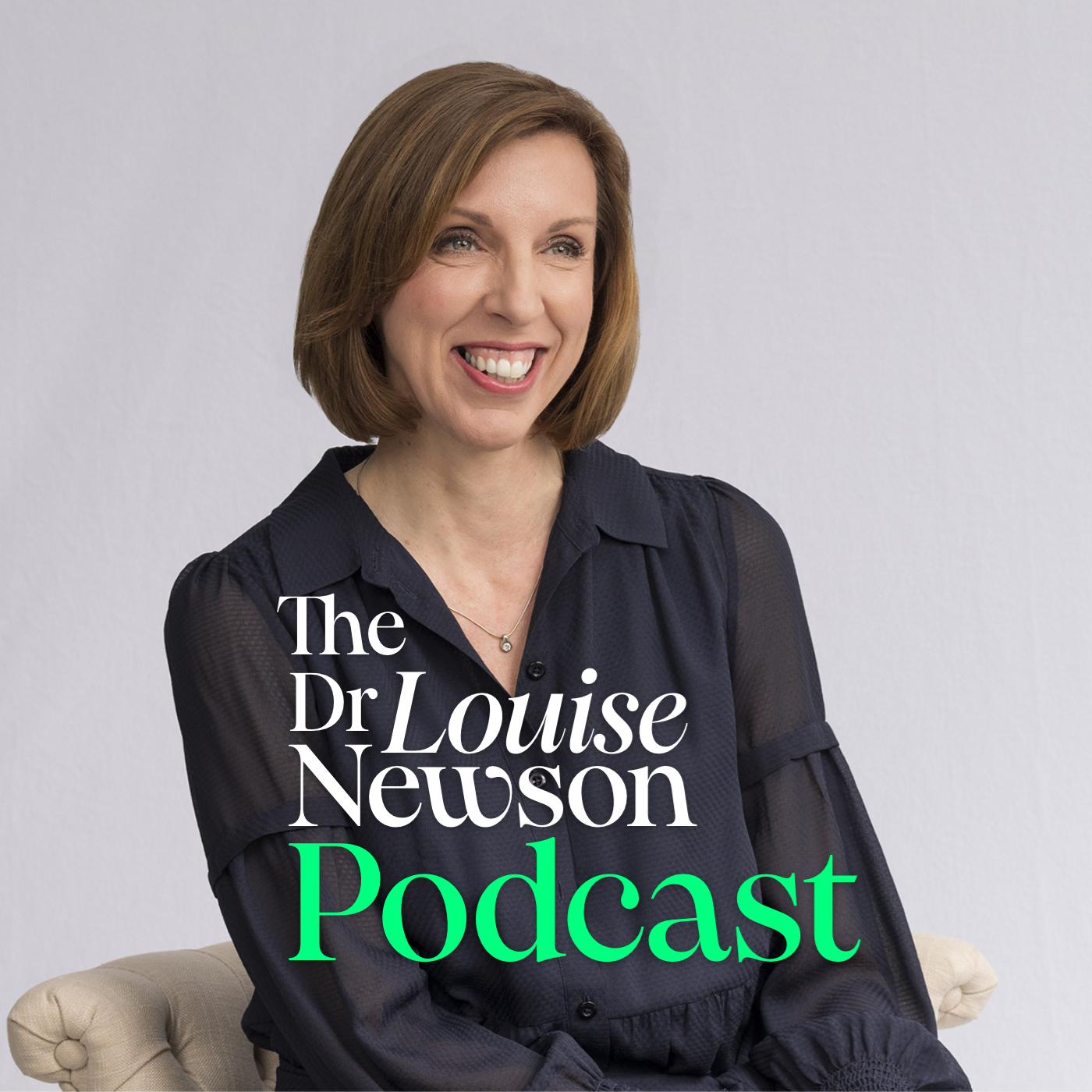
8.5M
Downloads
311
Episodes
Dr Louise Newson is an award-winning physician, respected women’s hormone specialist, educator, and author committed to increasing awareness and knowledge of perimenopause, menopause, and lifelong hormone health. Each week, Louise dives into the newest research, treatments and hot topic issues, providing accessible, evidence-based information to empower your future health. Joined by fellow experts and special guests, with answers to your burning questions, Louise explores how hormones impact every aspect of our lives. Described as the “medic who kickstarted the menopause revolution”, Louise aims to empower a generation of women to have a greater understanding, choice and control over their treatment, bodies, minds and future health through their hormones. She is the creator of the award-winning free balance app, a Sunday Times bestselling author and the founder of the Newson Health clinic. With over three decades of clinical experience, Louise is a member of the Royal College of Physicians, a Fellow of the Royal College of GPs, a Visiting Fellow at Cambridge, a regular contributor to academic journals including the Lancet and the British Journal of General Practice, and has been awarded an honorary Doctorate of Health from Bradford University. DISCLAIMER: The information provided in this podcast is for informational purposes only and is not intended as a substitute for professional medical advice, diagnosis, or treatment. Always seek the advice of your physician or other qualified health providers with any questions you may have regarding a medical condition. The views expressed by guests are their own and do not necessarily reflect the views of Dr Louise Newson or the Newson Health Group.
Episodes
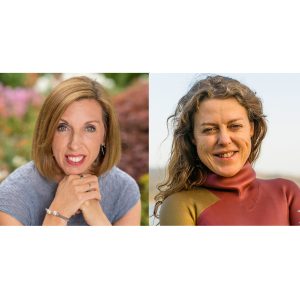
Tuesday Feb 21, 2023
192 - Freediving at 50 with world record holder Nina McGowan
Tuesday Feb 21, 2023
Tuesday Feb 21, 2023
Nina McGowan is a visual artist and Bikram yoga practitioner from Ireland who discovered freediving while on holiday in Egypt when she was in her mid-forties. Shortly after she turned 50, Nina secured a world record dive of 43 metres that involved holding her breath for 2 minutes and ten seconds.
In this episode, Nina explains how her yoga practice helps her free diving and she outlines the benefits of eating well, sleeping well and clearing your mind to focus on your breath. Nina also shares some of her own personal experience with her hormone journey and seeking out the right support.
Nina’s three priorities for a positive lifestyle change:
- Prioritise your sleep and protect that space
- Make any diet changes slowly and one at a time
- Have faith in yourself to take a step into the unknown and a bridge will appear across the chasm.
Follow Nina on Instagram
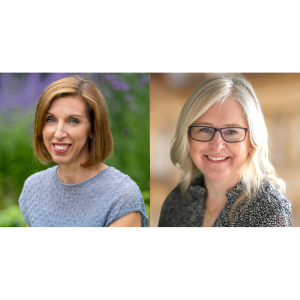
Tuesday Feb 14, 2023
191 - Workplace menopause advice from lawyer Emma Hammond
Tuesday Feb 14, 2023
Tuesday Feb 14, 2023
Emma Hammond is a lawyer with gunnercooke LLP specialising in employment law. Often assuming the role of Investigating or Grievance Officer, Emma leads enquiries into complex bullying, harassment and discrimination complaints for individuals and organisations. Emma has an interest in mental health and its impact on the workplace and she incorporates as much pro bono work into her practice as possible, specialising in advising women who have suffered discrimination due to the menopause.
In this episode, Emma chats to Dr Louise Newson about the effects of the menopause at work, the intricacies of legal protections for women suffering professionally because of menopausal symptoms, and they discuss some positive examples of working in a menopause confident organisation.
Read more about Emma Hammond here.
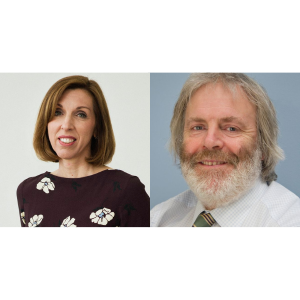
Tuesday Feb 07, 2023
190 - Supporting women after breast cancer with Dr Tony Branson
Tuesday Feb 07, 2023
Tuesday Feb 07, 2023
Breast cancer specialist, Dr Tony Branson returns to the Dr Louise Newson podcast two years since his first appearance. Tony is a Consultant Clinical Oncologist at the Northern Centre for Cancer Care, based at the Freeman Hospital in Newcastle upon Tyne.
In this episode the experts discuss the current situations women can find themselves in when having treatments for breast cancer and experiencing the onset of menopausal symptoms. Tony supports the women he sees through some challenging decisions around managing the risk of cancer recurrence while for some, treating menopausal symptoms with HRT to improve the quality of their lives.
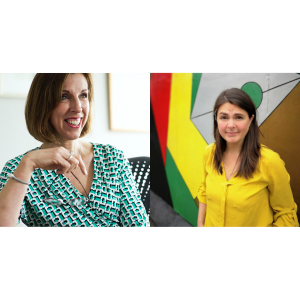
Tuesday Jan 31, 2023
189 - Joeli Brearley from Pregnant Then Screwed
Tuesday Jan 31, 2023
Tuesday Jan 31, 2023
Two important issues for women come together in this episode of the Dr Louise Newson Podcast featuring guest Joeli Brearley. Joeli founded the charity Pregnant Then Screwed after she was fired from her job the day after telling her employers she was pregnant. Joeli wanted to create a space for others to share their stories of discrimination at work, which quickly grew into Pregnant Then Screwed, a charity dedicated to ending the motherhood penalty and campaigning for change.
Joeli shares a personal story of her own changing hormones in her late 30s; she recounts her struggle to be listened to by healthcare professionals and to find the right treatment for her symptoms that were exacerbated by progesterone intolerance.
Joeli’s three tips for women who think they might be perimenopausal:
- Talk to other women, it’s a great way to find out really useful information
- Keep going and don’t give up. Trust in yourself and how you know you’re feeling. Keep pushing for what you feel you need.
- If you don’t feel well and feel like you’re going mad after having the Mirena coil fitted, tell your healthcare professional. You could have a sensitivity to the progestogen in it and there may be a better alternative method for you.
For more about Joeli’s work and her books, visit pregnantthenscrewed.com
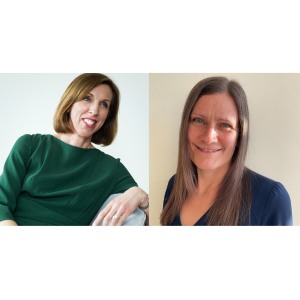
Tuesday Jan 24, 2023
188 - The importance of breathing efficiently with Dr Louise Oliver
Tuesday Jan 24, 2023
Tuesday Jan 24, 2023
Dr Louise Oliver, a GP and functional breathing practitioner and therapeutic life coach, joins Dr Louise Newson as a guest on the podcast this week. Louise Oliver has had a special interest in women’s health and menopause for many years and now incorporates her skills as a functional breathing practitioner to raise awareness of how breathing is altered by hormones, how this can lead to symptoms of inefficient breathing and how to improve the connection between our brain, body and breath.
Louise’s three tips to breathe more efficiently:
- Be aware that your hormones affect the way you breathe and how you breathe affects your health and wellbeing. Learn more about breathing. The book ‘Breath’ by James Nestor and all Patrick McKeown books and podcasts are excellent.
- Assess your breathing efficiency by observing your breathing at different times over the next week and see whether it matches the description of effective breathing as discussed.
- Improve your breathing efficiency by learning the techniques and dedicating some time over a number of weeks and months to adjust your breathing style until it becomes more natural for you.
For more about Dr Louise Oliver, visit her website.
The video link mentioned in the episode from Mr Vik Veer, ENT consultant, to improve snoring and sleep apnoea can be found here.
Louise is on Instagram as @drlouiseolivertlc and on Facebook here.
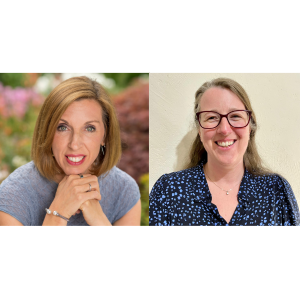
Tuesday Jan 17, 2023
187 - My experience of long COVID and changing hormones with Dr Marianne Tinkler
Tuesday Jan 17, 2023
Tuesday Jan 17, 2023
Dr Marianne Tinkler is a respiratory consultant from Swindon. In March 2020, Marianne contracted Covid-19 and had to take a month off work with a severe cough and extreme fatigue. She returned to frontline work on the wards at the height of the pandemic but found it difficult due to ongoing symptoms of tiredness, breathlessness, a racing heart rate and significant brain fog. Later that year, when long COVID became more recognised and Marianne was continuing to experience severe symptoms, she was encouraged to take an extended break from work, and this gave her time to reflect on her hormonal journey as well as learning how to navigate life with long COVID.
In this episode, the experts discuss the relationship between long COVID and the perimenopause/ menopause, the barriers to accessing treatment and some of the benefits of diet, movement and HRT for those suffering with long COVID.
Marianne’s advice if you have long COVID:
- Pace yourself carefully and don't ‘push through’.
- Track your symptoms on the balance app and consider HRT if you think some of your symptoms may be due to perimenopause or menopause – even if you think you’re ‘too young’.
- Look at your diet and activity levels and eat foods that are good for your gut microbiome. Try and get outside every day, even if your energy levels will only allow you to sit on a bench.
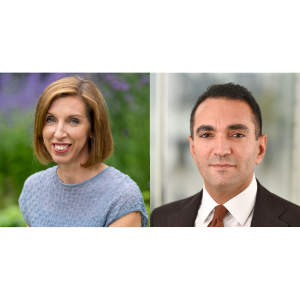
Tuesday Jan 10, 2023
186 - Bleeding on HRT with Consultant Gynaecologist Mr Osama Naji
Tuesday Jan 10, 2023
Tuesday Jan 10, 2023
Mr Osama Naji is a consultant gynaecologist at Guy’s and St Thomas’ hospital in London and he leads the busy department of women’s cancer diagnostics at Guy’s Cancer Centre. Mr Naji specialises in early detection of pre-cancerous conditions and is an international expert in advanced gynaecological scanning, contributing significantly to scientific research in women’s gynaecological health.
In this episode, the experts discuss the complexity and influence of the menstrual cycle, bleeding on HRT and when it should be investigated further, and the safety of HRT with regard to gynaecological cancers.
Mr Naji’s three take home messages are:
- The workforce of women is needed now more than ever, therefore we must invest in women’s health and wellbeing and paramount to this is education about HRT.
- Endometrial cancer is on the rise but can usually be detected at an early stage and treated very effectively through raising awareness, identifying the causes, managing risk factors and engaging and empowering the patient.
- HRT is the very last item on the list of risk factors for endometrial cancer, therefore believe and trust the patient on whether the bleeding is abnormal for them and work through the management process using a shared decision-making approach.
For more information on Mr Osama Naji, visit www.rylonclinic.com
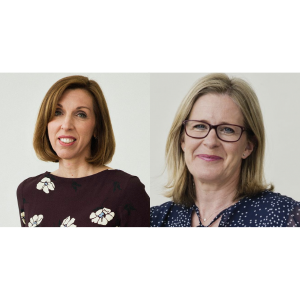
Tuesday Jan 03, 2023
Tuesday Jan 03, 2023
GP and menopause specialist, Dr Sarah Ball, makes a record fifth appearance on the podcast this week to discuss her work exploring experiences of menopause care in women who have had breast cancer.
The experts discuss findings from a recent survey carried out by Sarah and the Newson Health team to highlight how things have improved in recent years and identify some of the ongoing needs.
You can read more about Sarah’s survey and other recent menopause research carried out by Newson Health here.
Follow Dr Sarah Ball on social media on Instagram and Twitter.
View the breast cancer booklet here.
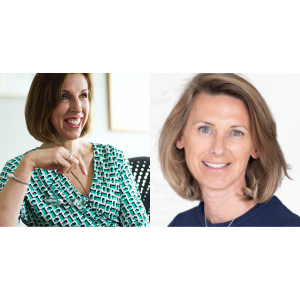
Tuesday Dec 27, 2022
184 - Reflections on 2022 with Dr Rebecca Lewis
Tuesday Dec 27, 2022
Tuesday Dec 27, 2022
Clinical Director of Newson Health, Dr Rebecca Lewis, returns to the podcast this week for a special end of year episode with Dr Louise Newson. The business partners and friends reflect on some of the positives over the last 12 months and discuss the continued challenges in trying to help more women with their experience of perimenopause and menopause.
Rebecca’s three hopes for 2023:
- Testosterone needs to be licensed for women (and not just for low libido)
- Treatment for significant and severe menopausal symptoms in the workplace to help keep women in work
- Education about the perimenopause and menopause reaching out to other medical specialties so more healthcare professionals understand how it affects the patients they see.
Follow Rebecca on Instagram at @dr.rebecca.lewis
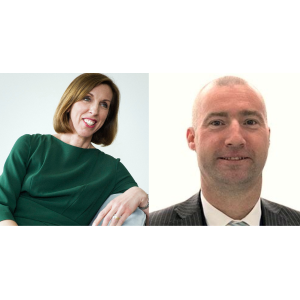
Tuesday Dec 20, 2022
183 - Urinary tract infections in women with Professor Chris Harding
Tuesday Dec 20, 2022
Tuesday Dec 20, 2022
Professor Chris Harding is a Consultant Urologist working at the Freeman Hospital in Newcastle upon Tyne and at Newcastle University. He has a particular interest in bladder dysfunction, continence and urinary tract infections (UTIs). In recent years, his research has focused on non-antibiotic treatments for recurrent UTIs and developing targeted treatments for specific patient groups.
In this episode, Professor Chris talks to Dr Louise about the challenges of diagnosing UTIs accurately, the severe impact recurrent UTIs can have on your life, how antibiotics can be used appropriately, and how to prevent UTIs occurring. The experts share some of their plans to study the effects of systemic HRT and vaginal hormone treatments on UTIs in women.
Chris’s advice if you have recurrent UTIs:
You don’t need to put up with UTIs in the perimenopause and menopause; there are many proven treatments available
Acknowledge that current tests for UTIs are not 100% accurate. If you think you have a UTI, you probably have, even if your test was negative - the diagnosis can always be questioned
Discuss with your doctor how you can prevent infections if you have had 2 episodes within 6 months, or 3 within a year
Hormone replacement, particularly vaginal treatments, are significantly protective and preventative against UTIs.
Follow Prof Chris Harding on social media at @chrisharding123
